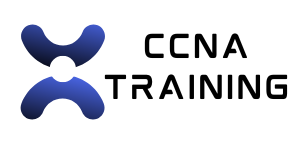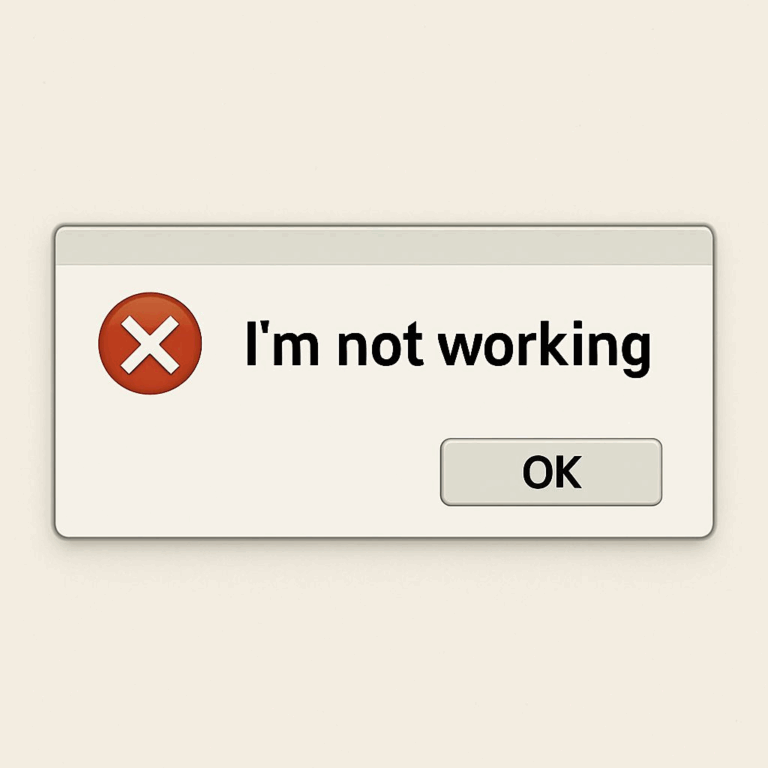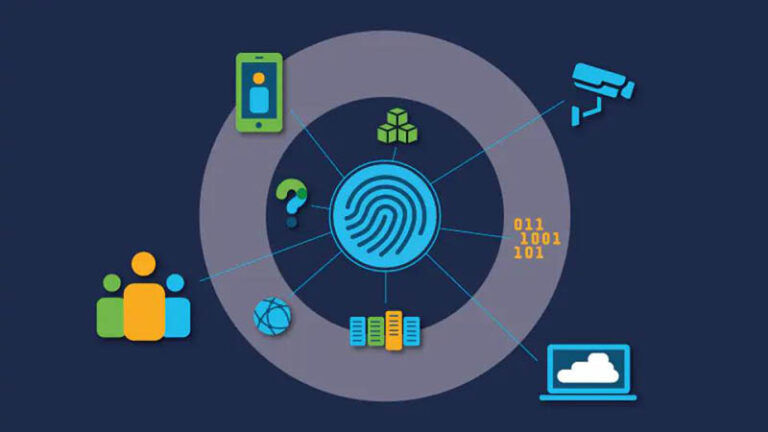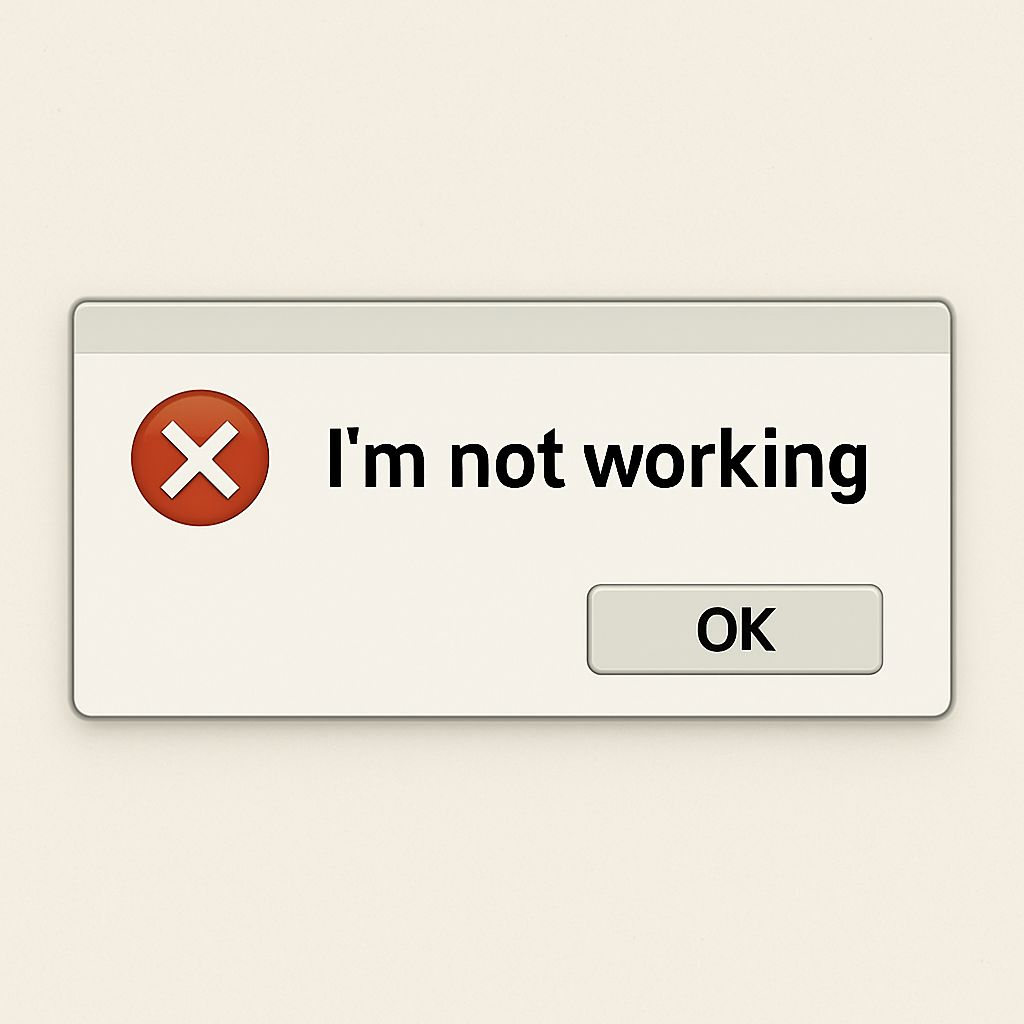The Cisco Certified Network Associate (CCNA) exam is a comprehensive test that covers a wide range of networking topics. The exam is designed to assess a candidate’s knowledge and skills in areas such as network fundamentals, network access, IP connectivity, IP services, security fundamentals, and automation and programmability. The exam is divided into different sections, each focusing on specific aspects of networking. These sections include network fundamentals, network access, IP connectivity, IP services, security fundamentals, and automation and programmability. Each section has a specific weight in the overall exam score, with network fundamentals and network access carrying the most weight.
The CCNA exam is a combination of multiple-choice questions, drag-and-drop questions, simulations, and hands-on labs. The exam is designed to test a candidate’s ability to apply their knowledge in real-world scenarios. The exam is challenging and requires a thorough understanding of networking concepts and hands-on experience with Cisco devices. It is important for candidates to familiarize themselves with the exam structure and format in order to prepare effectively for the test.
The CCNA exam is a single, comprehensive test that covers a wide range of networking topics. The exam is designed to assess a candidate’s knowledge and skills in areas such as network fundamentals, network access, IP connectivity, IP services, security fundamentals, and automation and programmability. The exam is divided into different sections, each focusing on specific aspects of networking. These sections include network fundamentals, network access, IP connectivity, IP services, security fundamentals, and automation and programmability. Each section has a specific weight in the overall exam score, with network fundamentals and network access carrying the most weight.
Key Takeaways
- The CCNA exam consists of multiple-choice, drag-and-drop, and simulation questions
- A study plan for the CCNA exam should include setting specific goals, scheduling study time, and using a variety of study materials
- Mastering networking fundamentals is crucial for success in the CCNA exam, including understanding OSI model, TCP/IP, and subnetting
- Learning Cisco IOS and configuration involves understanding basic router and switch configuration, as well as troubleshooting common network issues
- Practicing with hands-on labs is essential for gaining practical experience and reinforcing theoretical knowledge
Developing a Study Plan for the CCNA Exam
Preparing for the CCNA exam requires a well-structured study plan that covers all the necessary topics and allows for ample practice and review. A study plan should include a detailed schedule that outlines the topics to be covered each day or week, as well as time for practice exams and hands-on labs. It is important to allocate enough time for each topic to ensure thorough understanding and retention of the material. Additionally, it is important to set realistic goals and milestones to track progress and stay motivated throughout the study process.
A study plan should also include resources such as textbooks, online courses, practice exams, and hands-on labs. It is important to choose high-quality resources that cover all the exam topics in depth and provide ample opportunities for practice and review. Additionally, it is helpful to join study groups or online forums where candidates can discuss difficult topics, share study tips, and support each other throughout the preparation process. Finally, it is important to stay organized and disciplined throughout the study process in order to stay on track and make the most of the available study time.
Preparing for the CCNA exam requires a well-structured study plan that covers all the necessary topics and allows for ample practice and review. A study plan should include a detailed schedule that outlines the topics to be covered each day or week, as well as time for practice exams and hands-on labs. It is important to allocate enough time for each topic to ensure thorough understanding and retention of the material. Additionally, it is important to set realistic goals and milestones to track progress and stay motivated throughout the study process.
Mastering Networking Fundamentals
Networking fundamentals are a crucial part of the CCNA exam, as they form the basis of all networking concepts and technologies. Topics such as OSI model, TCP/IP model, Ethernet, IPv4 addressing, subnetting, IPv6 addressing, routing protocols, and switching concepts are essential for understanding more advanced networking topics covered in the exam. It is important for candidates to have a solid understanding of these fundamental concepts in order to succeed in the CCNA exam.
To master networking fundamentals, candidates should start by studying the OSI model and TCP/IP model in depth. These models provide a framework for understanding how data is transmitted over a network and are essential for understanding networking protocols and technologies. Additionally, candidates should familiarize themselves with Ethernet and its various standards, as well as IPv4 addressing and subnetting. Understanding these concepts will provide a strong foundation for learning more advanced topics such as routing protocols and switching concepts.
Networking fundamentals are a crucial part of the CCNA exam, as they form the basis of all networking concepts and technologies. Topics such as OSI model, TCP/IP model, Ethernet, IPv4 addressing, subnetting, IPv6 addressing, routing protocols, and switching concepts are essential for understanding more advanced networking topics covered in the exam. It is important for candidates to have a solid understanding of these fundamental concepts in order to succeed in the CCNA exam.
Learning Cisco IOS and Configuration
| Topic | Metrics |
|---|---|
| Number of IOS Commands | Over 500 |
| Configuration Steps | Several |
| Learning Curve | Steep |
| Practice Time | Highly Recommended |
Cisco IOS (Internetwork Operating System) is the operating system used on Cisco networking devices such as routers and switches. Understanding Cisco IOS and how to configure Cisco devices is an important part of the CCNA exam. Candidates should be familiar with basic IOS commands for tasks such as configuring interfaces, setting up routing protocols, implementing access control lists (ACLs), and troubleshooting network issues. Additionally, candidates should be able to navigate through the IOS command-line interface (CLI) and understand how to save configurations and perform basic administrative tasks on Cisco devices.
To learn Cisco IOS and configuration, candidates should start by familiarizing themselves with basic IOS commands and their syntax. This can be done through online tutorials, textbooks, or online courses that cover Cisco IOS configuration. Candidates should also practice configuring Cisco devices in a lab environment using tools such as Packet Tracer or GNS3. Hands-on practice is essential for gaining confidence and proficiency in configuring Cisco devices, as well as troubleshooting common network issues.
Cisco IOS (Internetwork Operating System) is the operating system used on Cisco networking devices such as routers and switches. Understanding Cisco IOS and how to configure Cisco devices is an important part of the CCNA exam. Candidates should be familiar with basic IOS commands for tasks such as configuring interfaces, setting up routing protocols, implementing access control lists (ACLs), and troubleshooting network issues. Additionally, candidates should be able to navigate through the IOS command-line interface (CLI) and understand how to save configurations and perform basic administrative tasks on Cisco devices.
Practicing with Hands-On Labs
Hands-on labs are an essential part of preparing for the CCNA exam, as they provide practical experience with configuring Cisco devices and troubleshooting network issues. Hands-on labs allow candidates to apply their knowledge in a real-world environment and gain confidence in working with Cisco devices. There are various tools available for setting up hands-on labs, such as Packet Tracer, GNS3, or physical lab equipment. Candidates should use these tools to practice configuring routers and switches, setting up routing protocols, implementing VLANs, and troubleshooting common network issues.
In addition to practicing individual tasks, candidates should also set up more complex lab scenarios that simulate real-world network environments. This can include setting up multiple routers and switches interconnected in a network topology and configuring various networking features such as routing protocols, access control lists (ACLs), and VLANs. By practicing with hands-on labs, candidates can gain practical experience with Cisco devices and develop the skills needed to succeed in the CCNA exam.
Hands-on labs are an essential part of preparing for the CCNA exam, as they provide practical experience with configuring Cisco devices and troubleshooting network issues. Hands-on labs allow candidates to apply their knowledge in a real-world environment and gain confidence in working with Cisco devices. There are various tools available for setting up hands-on labs, such as Packet Tracer, GNS3, or physical lab equipment. Candidates should use these tools to practice configuring routers and switches, setting up routing protocols, implementing VLANs, and troubleshooting common network issues.
Reviewing and Testing Your Knowledge

Reviewing and testing your knowledge is an important part of preparing for the CCNA exam. Candidates should regularly review the material they have studied to reinforce their understanding of networking concepts and technologies. This can be done through various methods such as re-reading textbooks or notes, watching video tutorials, or taking practice exams. Additionally, candidates should regularly test their knowledge by taking practice exams that simulate the format and difficulty of the actual CCNA exam.
Practice exams are an effective way to assess your understanding of the material and identify areas that need further review. There are many resources available for practice exams, including online platforms that offer simulated CCNA exams with detailed explanations for each question. Candidates should take multiple practice exams to gauge their readiness for the actual CCNA exam and identify any weak areas that need additional study. By regularly reviewing and testing your knowledge, you can ensure that you are well-prepared for the CCNA exam.
Reviewing and testing your knowledge is an important part of preparing for the CCNA exam. Candidates should regularly review the material they have studied to reinforce their understanding of networking concepts and technologies. This can be done through various methods such as re-reading textbooks or notes, watching video tutorials, or taking practice exams. Additionally, candidates should regularly test their knowledge by taking practice exams that simulate the format and difficulty of the actual CCNA exam.
Tips for Exam Day Success
On exam day, it is important to arrive early at the testing center to allow time for check-in procedures and to get settled before the exam begins. Candidates should bring two forms of identification as well as any necessary authorization or confirmation documents required by the testing center. It is also important to bring any necessary supplies such as pencils or erasers if allowed by the testing center.
During the exam, candidates should carefully read each question before answering to ensure that they understand what is being asked. It is important to manage time effectively by pacing yourself throughout the exam and not spending too much time on any single question. If you encounter a difficult question, it is helpful to mark it for review and move on to easier questions before returning to it later.
On exam day, it is important to arrive early at the testing center to allow time for check-in procedures and to get settled before the exam begins. Candidates should bring two forms of identification as well as any necessary authorization or confirmation documents required by the testing center. It is also important to bring any necessary supplies such as pencils or erasers if allowed by the testing center.
During the exam, candidates should carefully read each question before answering to ensure that they understand what is being asked. It is important to manage time effectively by pacing yourself throughout the exam and not spending too much time on any single question. If you encounter a difficult question, it is helpful to mark it for review and move on to easier questions before returning to it later.
In conclusion, preparing for the CCNA exam requires a thorough understanding of networking fundamentals, hands-on experience with Cisco devices, and effective study habits. By developing a well-structured study plan that covers all the necessary topics and includes ample opportunities for practice and review, candidates can ensure that they are well-prepared for success on exam day. With dedication and perseverance, candidates can achieve their goal of becoming a Cisco Certified Network Associate.
In addition, seeking out resources such as study guides, practice exams, and online forums can provide valuable support and additional learning opportunities. It is also important to stay updated on the latest exam objectives and technologies to ensure that your knowledge is current and relevant. By staying focused and committed to your study plan, you can increase your chances of passing the CCNA exam and advancing your career in the field of networking.
FAQs
What is the Cisco Certified Network Associate (CCNA) exam?
The Cisco Certified Network Associate (CCNA) exam is a certification exam offered by Cisco that tests the knowledge and skills required to install, operate, and troubleshoot small to medium size enterprise branch network.
What are the prerequisites for taking the CCNA exam?
There are no formal prerequisites for taking the CCNA exam, but it is recommended that candidates have a good understanding of networking fundamentals and basic IP addressing.
What topics are covered in the CCNA exam?
The CCNA exam covers a wide range of topics including network fundamentals, network access, IP connectivity, IP services, security fundamentals, automation and programmability.
How long is the CCNA exam?
The CCNA exam is 90 minutes long.
What is the passing score for the CCNA exam?
The passing score for the CCNA exam is set by Cisco and may vary. Typically, it is around 800-850 out of 1000.
How long is the CCNA certification valid for?
The CCNA certification is valid for three years. After three years, candidates must recertify by passing the current CCNA exam or a higher-level Cisco certification exam.
















